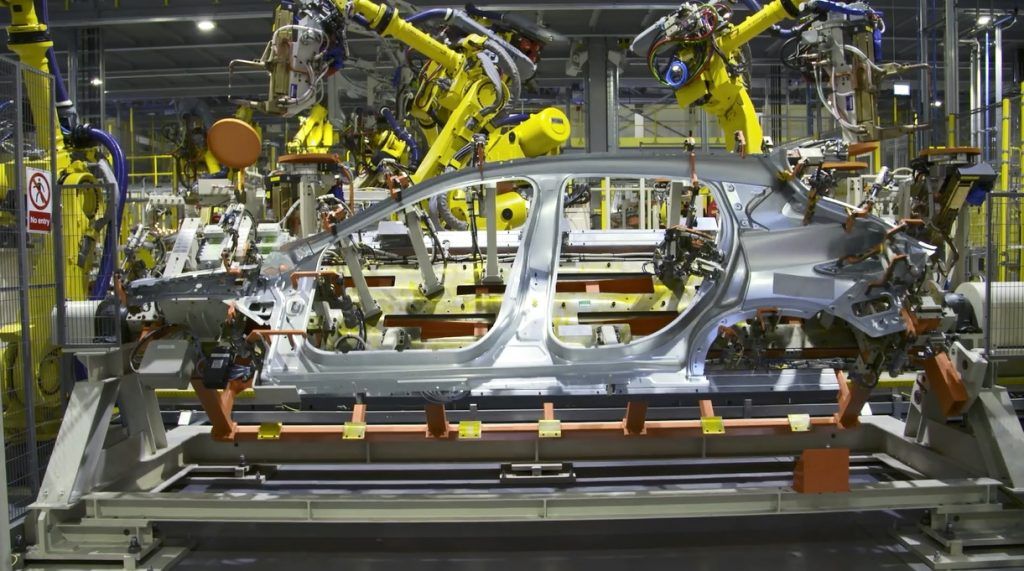Mexico‘s car exports totaled 40,857 million dollars in 2021, a drop of 19.7% over 2019, according to statistics from the Bank of Mexico (Banxico).
Compared to 2020, these exports increased 0.9 percent.
Today, the automotive industry is experiencing a global supply shortage of semiconductors.
For General Motors, supply shortages have affected multiple suppliers that incorporate semiconductors into the parts they supply to it.
The company expects semiconductor availability to improve through 2022.
Meanwhile, General Motors continues to prioritize its most popular and in-demand vehicles, including its full-size trucks, full-size SUVs and electric vehicles.
General Motors is the largest exporter of cars from Mexico. In 2021, it exported 531,383 units of light vehicles, a decrease of 22.1% year-on-year.
Car exports
In terms of value, from January to November 2021, Mexican car exports to the United States were 25,326 million dollars.
Other relevant destinations were: Germany (4,827 million dollars), Canada (2,334 million), Colombia (547 million), Brazil (398 million) and China (309 million).
General Motors does not expect this shortage of semiconductor chips to affect its long-term growth and electric vehicle initiatives.
In June 2021, the company announced plans to increase its investment in electric vehicles and autonomous vehicles to more than $35 billion from 2020 to 2025, in part to accelerate electric vehicle and battery assembly capacity.
General Motors also continues to monitor the impact of the Covid-19 pandemic and the government actions and measures taken to prevent its spread and the potential to affect its operations.
Globally, the use of «just-in-time» manufacturing processes allows companies to maintain minimal inventories.
As a result, the ability to maintain production depends on your suppliers delivering sufficient quantities of systems, components, raw materials and parts on time to meet your production schedules.
In particular, the global supply shortage of semiconductors has had, and continues to have, far-reaching effects on multiple industries, particularly the automotive industry.
![]()

